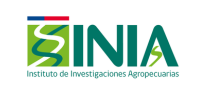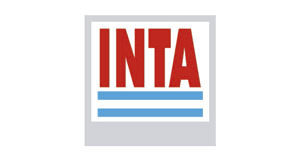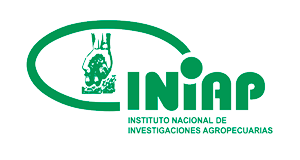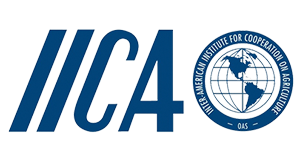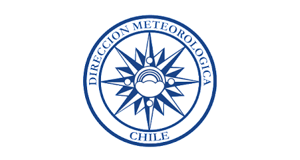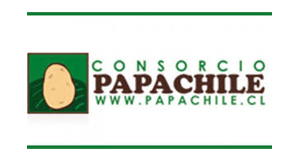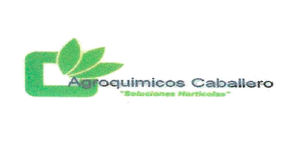Early warning system for sustainable preventive management of potato late blight (Phytophthora infestans) in Latin America
The use of early warnings as a decision support tool in an integrated program helps farmers perform chemical control in a timely and efficient manner, reducing environmental impact and people's risk.
Context of the story
Potato, native to the Americas, is a major crop in Latin America, being the main food in family farming. Late blight, caused by Phytophthora infestans, is considered a re-emerging disease in this crop, due to pathogen variability and climate instability that favors its presence and dispersion, with a high incidence and severity. Farmers, therefore, use pesticides excessively and inappropriately, increasing the environmental impact and health risks to users.Implementing an early warning system as a decision-support tool in family farming reduces the losses caused by this disease in a sustainable and safe way for the user.
Implementation of the early warning system in participating countries
The implemented initiative
This project proposes the formation of a platform of specialists in potato late blight to develop and implement an early warning system and a seasonal alert system, as tools to support productive systems of family farming in participating countries, according to available technology, enabling reductions in losses caused by this disease. This information, together with the characterization of the pathogen-host relationship and training of users in integrated management and good agricultural practices according to productive objectives promotes the sustainable intensification of potato production. In this FONTAGRO-funded initiative, INIA Chile participated as executor with INTA Argentina, INIAP Ecuador and IDIAP Panama as co-executors.
Early warning systems, integrated management and good agricultural practice, improve the efficiency of agrochemical use and increase potato crop productivity and profitability in small farming
The technological solution
The Early Warning System uses weather data alongside epidemiological information of the disease to estimate optimal control times. Two systems were implemented, one based on real-time connected weather station network information (tizon.inia.cl, Phytoalert) and a manual system that uses local environmental condition observation (DSS-HH). Both systems enable farmers to make management decisions based on the information delivered, improving the efficiency of agrochemical use, increasing crop productivity and profitability. The beneficiaries were small farmers in the platform member countries. In Chile, work was carried out with 35 women farmers producing native potatoes on Chiloé Island; in Argentina, work was carried out with 6 farming families in Belgrano, Northern Argentina; in Ecuador, the direct beneficiaries were 120 farmers in the provinces of Cotopaxi, Pichincha and Chimborazo; while in Panama, work was carried out with 20 producers in the Cerro Punta sector, Chiriquí.
"It is a great opportunity to know the work that is done in other countries and how they deal with the problem of late blight. I learned a lot today"
Type of project
Results
It was possible to validate the early warning systems for late blight in 4 countries: Chile, Argentina, Ecuador and Panama, where more than 29 demonstration units were established, obtaining an efficiency of more than 50% in the reduction of agrochemical applications, environmental and economic impact, relative to a schedule calendar of applications. 528 isolates of P. infestans were collected using FTA cards from Chile, Argentina, Panama, Ecuador, Brasil, Uruguay, Peru and Costa Rica, with a wide range of monitoring for a Latin American genotypic map. Potato chain actors were trained in 55 workshops on best agricultural practices, integrated management and use of early warnings, emphasizing the correct use of agrochemicals and timely applications. In addition, 8 field days and seminars, two international symposia and 2 workshops for co-executors and partners were carried out, with the participation of 2761 people (42% women).
Relevant data
Early warning system to control Potato Late Blight
The use of a warning system allows to reduce applications, EIQ and fungicide cost by more than 53%, 56% and 60% in average, respectively, in relation to traditional management.
Number of applications, environmental impact quotient (EIQ) and cost in productive systems managed with early warning strategies
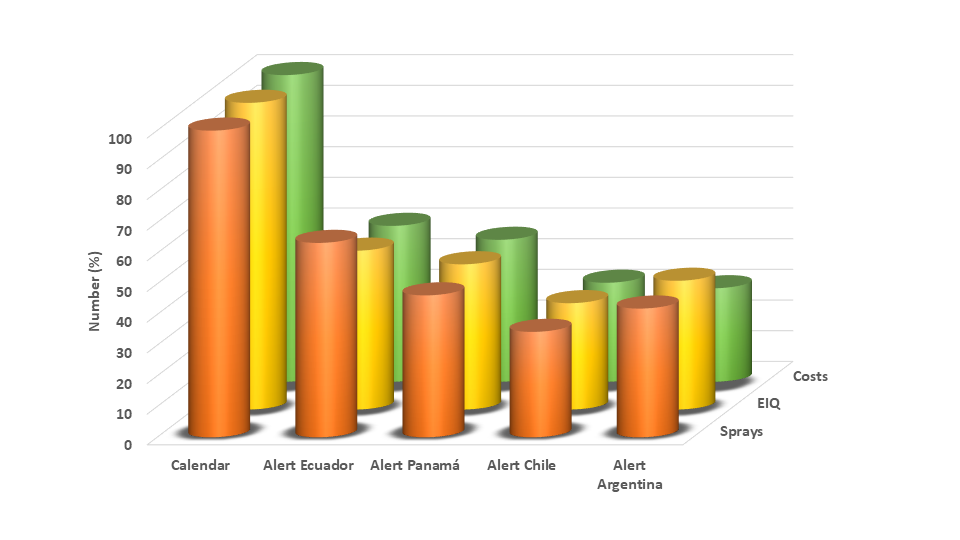

 Back to the project
Back to the project Chile
Chile Argentina
Argentina Ecuador
Ecuador Panama
Panama